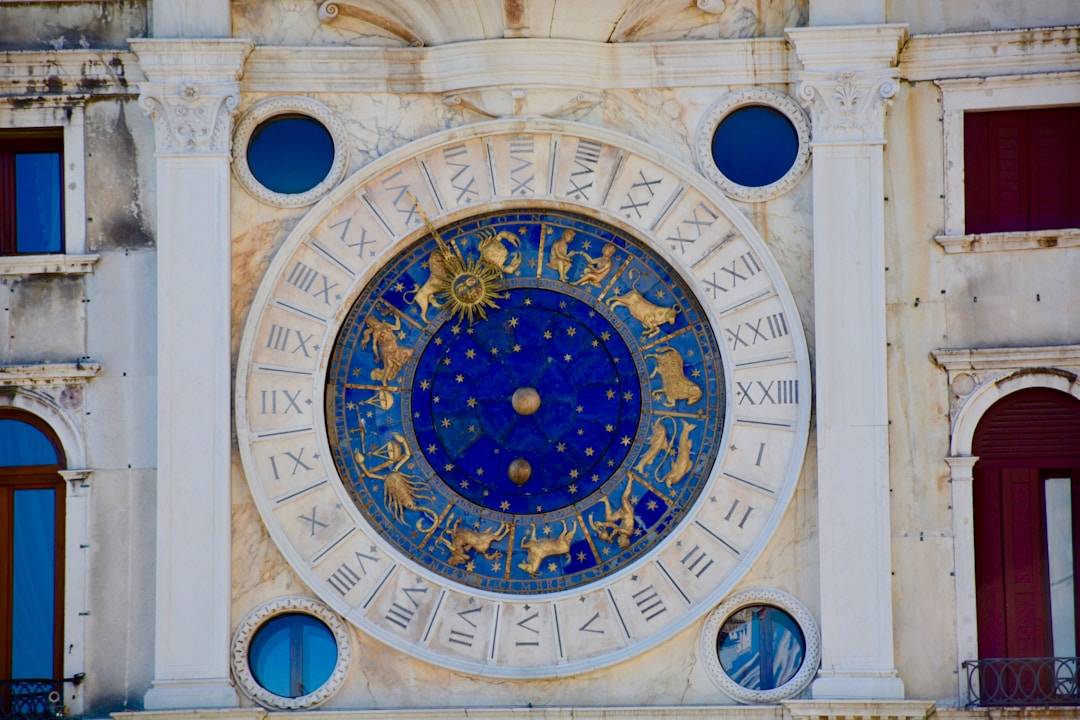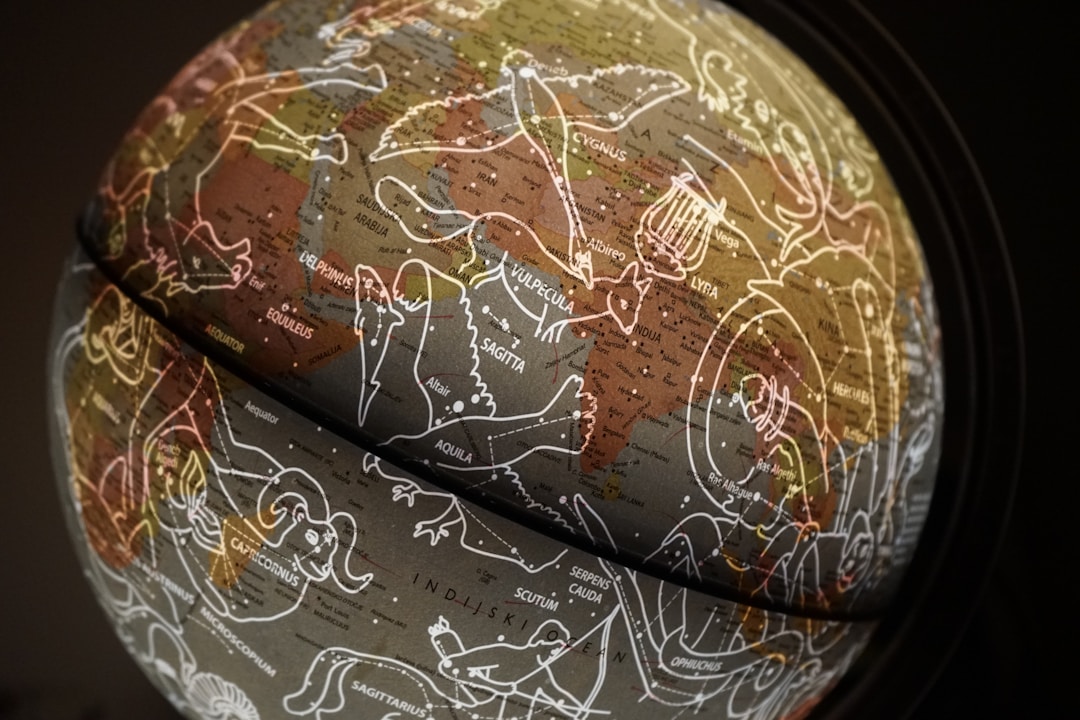Understanding How Astrology Works
For countless generations, astrology has fascinated human societies with its enigmatic yet intriguing insights into personality, destiny, and interpersonal relationships. Rooted in ancient traditions, this complex system proposes a cosmic connection between the movements of celestial bodies and events on Earth. Despite varying degrees of acceptance and skepticism, the practice persists in modern culture with a resilient and evolving presence. For those curious about the alignment of stars and planets or seekers of a deeper understanding of the self, exploring the intricacies of astrology can be both enlightening and entertaining. Below, we delve into the historic foundations, key elements, diagnostic tools, and common misconceptions of astrology.
The Historical Roots of Astrology and Its Evolution Over Time

Astrology has ancient roots, originating with civilizations like the Babylonians who linked celestial events to happenings on Earth. The Greeks and Romans later shaped astrology with mythological and philosophical ideas, tying planets to deities. While its credibility shifted over time, especially during the scientific revolution, astrology remained influential, preserved by Islamic scholars and revived during the Renaissance.
In modern times, astrology has evolved into a tool for personal insight, blending with psychology and thriving in digital culture. Though often met with skepticism, its core principles endure. How astrology works today often involves interpreting planetary positions as symbolic guides for personality and life patterns, continuing a tradition that bridges ancient wisdom with present-day introspection.
Decoding the Zodiac: Understanding Astrological Signs and Houses
The zodiac is a celestial belt divided into twelve signs, each aligned with the sun’s path throughout the year and associated with unique personality traits. These signs also correspond to one of four elements: fire, earth, air, or water, which add depth to astrological interpretations. Fire signs like Leo are known for passion, while water signs like Pisces are seen as emotionally intuitive.
The zodiac also includes twelve houses, each representing key areas of life such as identity, relationships, and career. The placement of celestial bodies within these houses influences how astrologers interpret an individual’s personality and life focus, with each house aligning with a specific zodiac sign.
The Planets and Their Influence in Astrology
In astrology, planets represent distinct energies and themes that shape an individual’s character and life events. Traditional systems focus on seven visible planets, including the Sun and Moon, while modern astrology adds outer planets like Uranus, Neptune and Pluto, linked to generational trends. A planet’s position in a birth chart, by sign and house, affects how its traits manifest.
For example, Mars in Capricorn reflects ambition and discipline. Planetary aspects such as conjunctions and squares further refine interpretations by highlighting harmony or tension. Transits, or planetary movements through the zodiac, introduce time-based influences; for instance, Jupiter transiting the second house may signal financial growth and new opportunities.
The Role of Birth Charts in Personal Astrology

A birth chart, or natal chart, is central to personal astrology, depicting the positions of the planets, Sun, Moon, and other celestial bodies at the time of birth. This chart helps astrologers interpret personality traits, life challenges, and areas for growth. The ascendant, or rising sign, plays a key role by shaping the chart’s structure and influencing first impressions and outward behavior.
The Moon sign reveals emotional patterns and inner responses, contrasting with the Sun sign that governs core identity. By analyzing the interplay of signs, planets, and houses, astrologers gain insight into an individual’s emotional landscape, life purpose, and karmic path through a deeply personalized cosmic framework.
Astrology vs. Astronomy: Clarifying Common Misconceptions
Astrology and astronomy, though historically linked, have become distinct fields. Astronomy is a science focused on studying celestial bodies through observation and empirical evidence. Astrology, on the other hand, interprets planetary positions to provide insight into human experiences.
In ancient times, both were practiced together, but the scientific revolution pushed astronomy toward rigorous methodology, while astrology remained symbolic and metaphysical. A common misconception is that astrology claims planets cause earthly events; instead, it sees them as symbolic mirrors of human tendencies. While not scientifically validated, astrology continues to thrive as a tool for meaning-making, reflecting humanity’s enduring interest in using the cosmos to understand life and personal identity.
Overall, astrology’s rich tapestry weaves historical tradition with personal introspection, offering a unique lens through which we view ourselves and the world. While astrology may not provide empirical answers, for many, it unlocks a symbolic narrative that resonates with life’s rhythms and mysteries. Delving into its intricacies can be a journey of personal exploration and cultural understanding, a voyage guided by the very stars that have sparked human curiosity throughout history.



